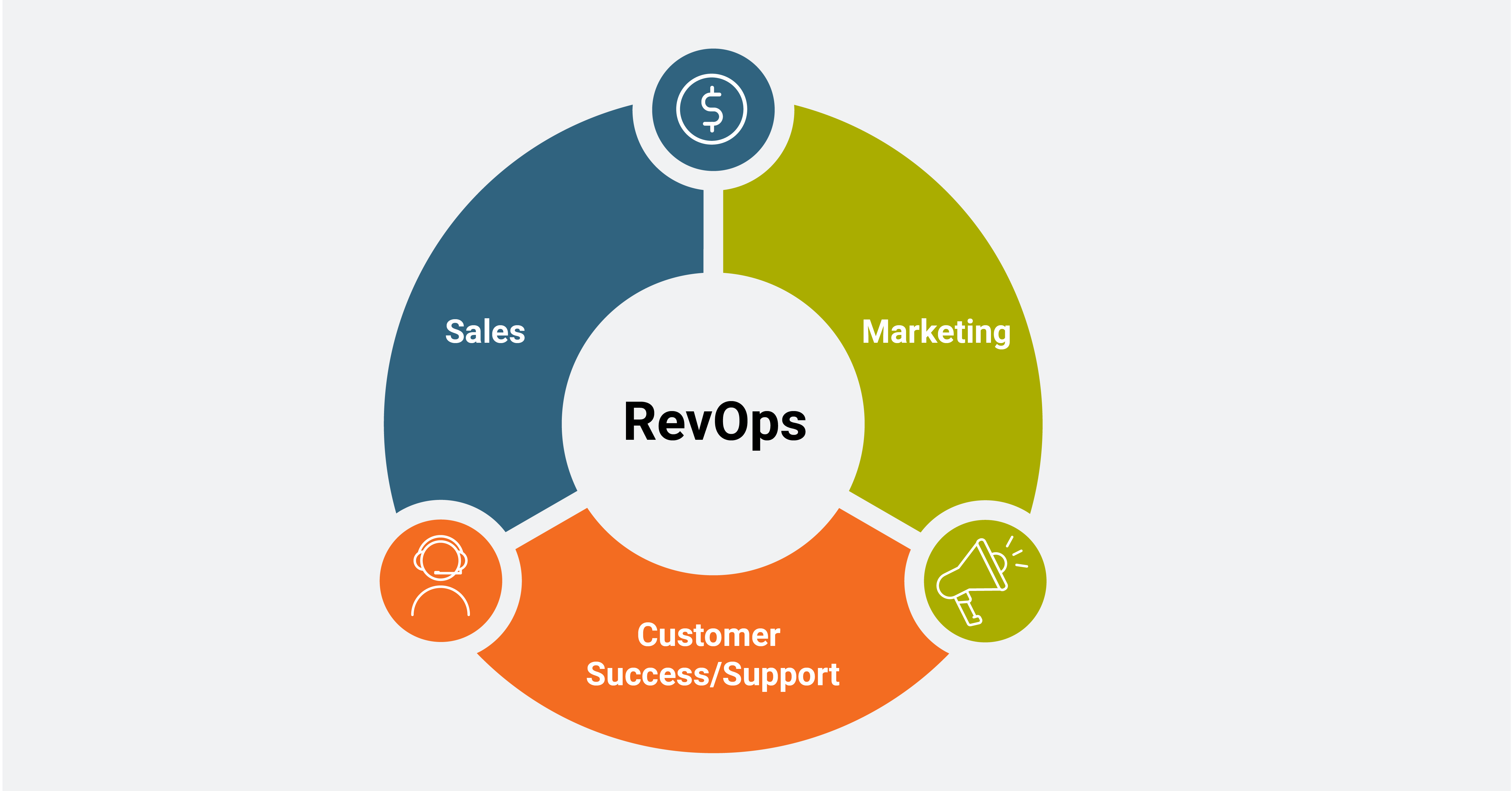Online holiday shopping isn’t what it used to be.
Cyber Monday is still projected to be the biggest online shopping day of the year, but this might be the first time that it doesn’t break a record, if it follows the trends of Thanksgiving and Black Friday.
For the first time, spending online on Thanksgiving and Black Friday did not exceed the amount spent on the same days in the year prior, according to Adobe Analytics, a division of San Jose, California-based software company Adobe Inc.
“Black Friday saw a reversal of the growth trend of past years. Shoppers are being strategic in their gift shopping, buying much earlier in the season and being flexible about when they shop to make sure they get the best deals,” Vivek Pandya, lead analyst at Adobe Digital Insights, said in a statement.
Missed projections
Adobe had projected Black Friday online spending would hit a record $9.5 billion, 5% more than the $9 billion spent on the day last year.
But online spending on Black Friday last week came in lower, at $8.9 billion, Adobe said.
Thanksgiving’s online spending was flat compared to the holiday last year, $5.1 billion.
After seeing how online retail performed on Thanksgiving and Black Friday, Adobe adjusted its projections for Cyber Monday.
Adobe initially had projected that Cyber Monday’s online sales would be a record-breaking $11.3 billion but recently adjusted the forecast to a range between $10.2 billion and $11.3 billion.
Cyber Monday’s 2020 online sales hit a record $10.8 billion.
Sales data from the past few days shows that the five-day period from Thanksgiving to Cyber Monday is losing its prominence in the holiday retail season, as consumers began their shopping earlier, some of which was due to expected supply chain issues.
Still forecasting a record season
Adobe still is forecasting that total online sales for the full holiday shopping season — November and December — will hit a new record, $207 billion, a 10% increase compared to the same two months last year.
Baldwin resident David Lenis, 18, plans to check out bargains online Monday after he gets off work at his job as a restaurant manager, he said Saturday.
“Because it’s cheaper, more convenient” than shopping in stores, he said.
Farmingdale resident Maria Henry, 25, won’t be looking for deals on apps Monday.
“I don’t like to shop online, actually,” said Henry, who said she prefers to try on clothes and inspect products’ quality in person before buying.
Online shoppers looking for Cyber Monday deals as deep and as plentiful as in past years are probably going to come up short.
Supply chain issues and retailers’ labor shortages are among the reasons that there likely will not only will be fewer discounts, but also raised prices at online checkout Monday, retail experts said.
In fact, a survey of 84 retailers found that 1/3 will offer fewer holiday promotions on Cyber Monday than in the past and 50% will offer fewer online promotions in the overall holiday season, partly because they don’t have the merchandise to discount, said Sucharita Kodali, a retail analyst at Forrester Research Inc., an advisory firm based in Cambridge, Massachusetts.
“I don’t think that’s necessarily going to mean that fewer people will shop. I think a lot of people … are very interested in spending,” said Kodali, who conducted the survey with CommerceNext, a conference for marketers at retail and direct to consumer brands.
Woodbury-based women’s clothing boutique Penelope is discounting all merchandise sold in the store and online 20% between Black Friday and Cyber Monday, said Gabrielle Banschick, co-owner of the family business.
Despite Penelope’s online sales growing annually, particularly during the COVID-19 pandemic, the vast majority, 80%, of the boutique’s sales are made in the brick-and-mortar store, she said.
But participating in Cyber Monday promotions is just a part of doing business now, she said.
“Because we want to generate as much business as we can. … Just offering people that can’t come into shop the opportunity to buy online on sale, also,” Banschick said.
Photos of the store’s merchandise on Instagram are a bigger driver than the retailer’s e-commerce site, she said.
“We have a really big Instagram following and tons of people come in from the Instagram,” Banschick said.





